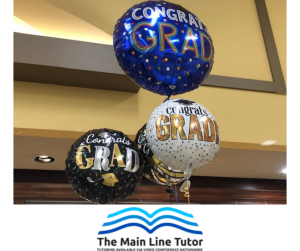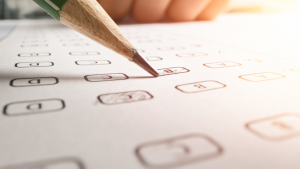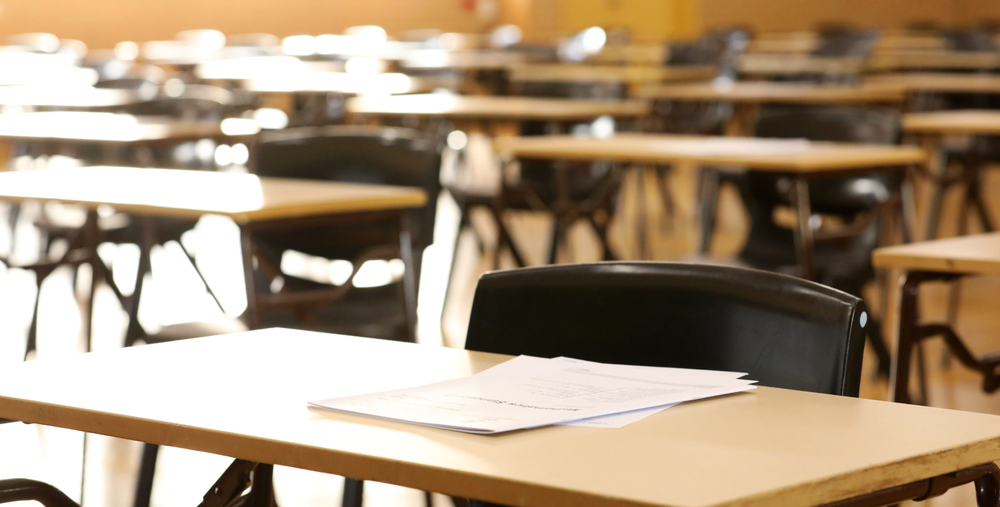
How Private Tutoring Can Help Students of All Academic Levels
Most students rely on traditional classroom instruction for all of their educational needs, but it’s designed to decently meet the needs of the many as opposed to helping each individual pursue their academic goals. Teachers are often overworked, pressured into teaching set curricula that only barely fit within the confines of the school year. Emphasis is often placed on “teaching to the test” as opposed to ensuring that students truly understand the material, leaving them without the foundation that they need to tackle more challenging concepts. Advanced students may be bored to the point of checking out, while struggling students can’t access the support they need to catch up. Even the group setting can be a detriment, as some learners may be too shy to admit they need help in front of their peers.
A private tutor can address each of these issues and help your student unlock their true potential. Here is a look at the five best reasons why one-on-one instruction is such a powerful educational tool.
-
Your Student Can Work at His / Her Own Pace
Students grasp concepts at different speeds, but classroom teachers don’t have the luxury of ensuring every student “gets it” before moving to the next thing. If your student feels overwhelmed in algebra I or world history, their tutor can slow things down until their confidence returns. If your student already understands the structure and function of cellular organelles, their tutor can provide more information or jump ahead to the next topic even if their classroom teacher hasn’t yet. You won’t find comparable flexibility in a traditional classroom.
-
Your Student’s Tutor Can Make the Most of Their Innate Learning Style
There is no “correct” way to learn, but most classroom instructors rely on lecture formats because they are the easiest way to present material to a bunch of students at once. A private tutor can certainly lecture if your student is a verbal learner, but they can also provide charts and infographics to help visual learners with verb conjugations, and design interactive activities to help kinesthetic learners make the most of their educational opportunities. Some students haven’t yet discovered how they learn best, and a private instructor can help them figure out something they will use for the rest of their lives.
-
Incorporating Hobbies Can Make Lessons More Interesting
Students who are interested in what they are learning consistently outperform those who treat studying as a chore, so getting your son or daughter interested in the material is a key to successful education. A private tutor can take the time to get to know your student as a person and incorporate their hobbies accordingly. For instance, sports can be a great gateway to statistical analysis and a variety of other quantitative subjects, while studying your own family history can make social studies more relatable. Struggling readers may also show great progress if allowed to choose their own books.
-
Private Tutors Always Put Your Student First
Students have to share their teacher at school, but private instructors can provide personalized attention. If your student is shy about asking for help, their tutor can proactively ask them if they understand the material to ensure that any learning obstacles are addressed promptly. You can also receive regular progress reports so you always know where your student is improving and any areas of opportunity that could benefit from further review. It can be tough to get the same type of consistent updates in a group setting.
-
Tutoring Can Increase Your Student’s Self-Confidence
Believing that you’re smart enough to succeed academically is a big piece of actually doing so, but snide remarks from classmates and even ill-timed jokes from the teacher can hurt a student’s self-confidence. The best tutors intentionally start with questions that they know their pupils will be able to answer, allowing them to build momentum and confidence before introducing something new. Positive reinforcement can also go a long way toward helping students succeed, but sadly classroom teachers may not be able to provide enough praise when your student experiences a breakthrough.
If your student is struggling in school, a private instructor could be just what they need to get back on track. If your student excels academically, a tutor could challenge them to reach for more whether that means pursuing Advanced Placement (AP) classes or looking into prestigious universities. Either way, tutoring is one of the best educational investments you can make!
About The Main Line Tutor
With over 30 years of experience tutoring high school and college students our tutors specialize in mathematics and general chemistry. Our founder, Dr. Chesloff, holds a Doctorate in Higher Science Education and has developed an education curriculum that engages the student and enhances their learning and thought process to help raise their scores and improve performance.
We offer nationwide tutoring via video teleconference in PSAT/SAT preparation (math, critical reading, writing), ACT test preparation (Get step by step instructions, mock tests and more so you know exactly what to expect with the real thing), chemistry (General Chemistry (including AP), Biochemistry, Organic Chemistry), algebra I/II, geometry, and trigonometry.
Our Mission is to target the specific needs of our students, college and high school, particularly in the area of standardized test preparation.
Our Tutoring allows for flexible hours 7 days a week nationwide via videoconference.
The Main Line Tutor
We Raise Score & Improve Performance
www.themainlinetutor.com
Tel: (610) 324-8359
e-mail: drchesloff@themainlinetutor.com









